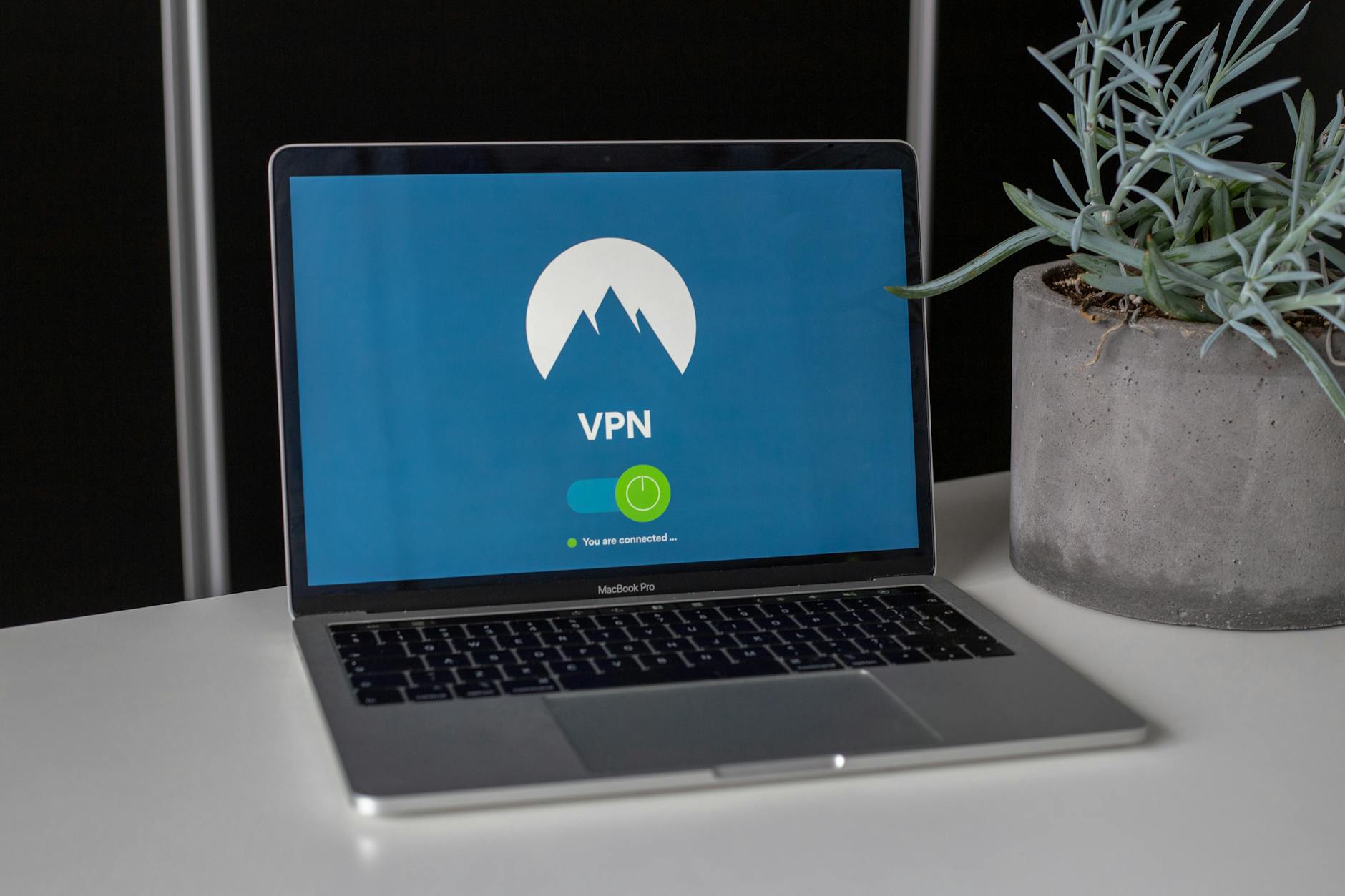In a world where almost every aspect of our lives is online, safeguarding our digital presence is critical. From shopping to banking, we routinely send data that can be intercepted or exploited. That’s where VPNs come in. But what exactly is a VPN, and why has it become such a buzzword?
Understanding the Basics
Definition of a VPN
VPN stands for Virtual Private Network. It creates a secure, private link between a user’s device and the internet. Think of it as a secure tunnel that shields all your internet activities from prying eyes.
When you connect to a VPN, your internet traffic is encrypted—making it nearly impossible for anyone, including hackers or advertisers, to see your data. Curious to learn more? This guide breaks down VPN technology in further detail.

Photo by Stefan Coders
How a VPN Works
When you connect to a VPN, your data travels through encryption-packed tunnels to reach a remote server controlled by the VPN provider. Once there, your IP address gets masked and replaced with the server’s address, enhancing your anonymity. Websites won’t know where you’re physically located—they’ll only recognize the VPN server.
For a deeper technical explanation, learn how a VPN encrypts your data.
Benefits of Using a VPN
With data breaches and online surveillance on the rise, VPNs are tools of empowerment. Let’s look at some key benefits.
Enhanced Security
Public Wi-Fi networks are convenient, but they’re also a hacker’s playground. A VPN encrypts your internet connection, making it harder for cybercriminals to steal sensitive data like passwords or bank details. Tools like NordVPN illustrate how effective VPNs can be for personal and professional use.
Privacy Protection
Tired of feeling like you’re being watched? Internet Service Providers (ISPs) often keep logs of your browsing history. By using a VPN, your activity is concealed from both your ISP and third-party trackers. You become virtually invisible online.
Accessing Restricted Content
Enjoy streaming? If you’ve ever tried accessing a show on a platform like Netflix, only to find it unavailable in your region, you’re not alone. With a VPN, you can bypass these geo-restrictions by connecting to a server in a different country. Suddenly, the world’s content becomes accessible.
More details about these benefits can be explored in this helpful guide.
Types of VPNs
Not all VPNs are created equal. They cater to different use cases and users.
Remote Access VPN
This type is designed for individual users who want to connect to a secure networks remotely or accessing the internet while maintaining their privacy and security.
As a method of connecting to secure networks it’s commonly used by employees to securely access office systems when working from home. This method of connecting would likely be provided by your employer Learn more about Remote Access VPNs here.
Home users such as you or I would use this type of VPN to access the internet while maintaining privacy and security. Typically it would be a service provided by a third party such as NordVPN.
Site-to-Site VPN
Site-to-site VPNs are typically used by businesses to connect multiple office locations securely. They allow teams in different locations to share resources without exposing internal data to external risks. Traffic between sites is routed across secure encrypted tunnels. Explore site-to-site VPN use cases.
Mobile VPN
Are you constantly on the move? Mobile VPNs are tailored for people who use smartphones or other portable devices to stay connected. They provide strong encryption and stability, even as you switch between Wi-Fi and mobile networks.
To see when mobile VPNs are most effective, visit this resource.
Choosing the Right VPN
When selecting consider your specific needs. Whether you need it for streaming, gaming, or secure browsing, here’s what to look out for.
Factors to Consider
- Speed: A sluggish VPN isn’t worth using.
- Security: Check if it offers advanced encryption (usually AES-256).
- Customer Support: Ensure there’s a reliable team to assist when issues arise.
Free vs. Paid
Free VPNs can be tempting, but they often lack strong encryption, sell user data, or impose bandwidth limits. In short the best advise would be to not use them. Paid services provide premium features like faster servers, no ads, and airtight privacy. For insights on making the best choice, this article from McAfee explains it well.
Conclusion
A VPN isn’t just a tech tool—it’s a way to reclaim privacy and enhance security in a digital world. From protecting your data to bypassing content restrictions, there are countless benefits. If safeguarding your online presence sounds valuable, it’s time to consider using one.

